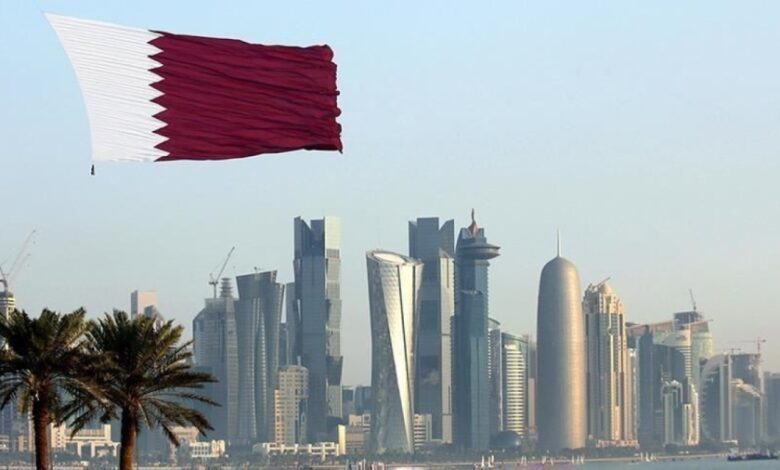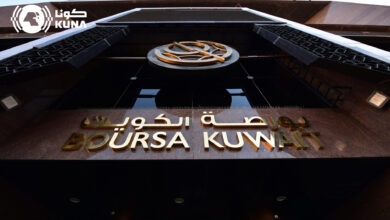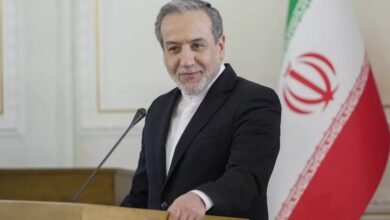Qatar ‘temporarily’ closes airspace amid escalating Iran-US tensions, reassures public on security
Warnings by foreign embassies do not necessarily reflect the existence of specific or credible threats. We would like to reassure the public that the security situation in the state remains stable -- Majed al-Ansari

Qatar has announced the temporary closure of its airspace in response to rising regional tensions, citing the need to safeguard both residents and visitors amid a rapidly evolving security environment.
The move comes in the wake of Iran’s threats to retaliate for recent US strikes targeting its nuclear infrastructure — a development that has raised alarm across the Gulf and beyond.
The Qatari Ministry of Foreign Affairs issued the announcement through its official X platform emphasizing that the airspace closure is a precautionary measure rooted in “regional developments” and the state’s firm commitment to public safety, according to news agencies.
This action underscores Qatar’s central position in the unfolding crisis, especially as it hosts the Al Udeid Air Base, the largest US military outpost in the Middle East and home to approximately between 8,000 and 10,000 American personnel.
Tehran’s intensified rhetoric has heightened security alerts across the region, prompting international concern. In response to the growing risks, the United Kingdom advised its nationals in Qatar to remain indoors until further notice, following an earlier similar advisory issued by the US Embassy in Doha.
However, Qatari officials have attempted to ease anxieties, downplaying suggestions of an imminent threat.
Majed al-Ansari, spokesperson for the Qatar’s Ministry of Foreign Affairs, stated in a post on X, “Warnings by foreign embassies do not necessarily reflect the existence of specific or credible threats. We would like to reassure the public that the security situation in the state remains stable.”
Qatar’s government has assured that all relevant authorities are on high alert and actively coordinating with international partners to monitor the situation closely. The Ministry affirmed its readiness to implement any necessary measures to protect the population, while promising timely updates as new information becomes available.
In parallel with its national security preparations, Qatar has also begun urgent discussions with global energy companies to assess the implications of a broader conflict on its natural gas sector.
As one of the world’s largest exporters of liquefied natural gas (LNG), and a country that shares the massive North Dome/South Pars gas field with Iran, Qatar plays a vital role in ensuring the stability of global energy markets.
So far, LNG production and export operations remain unaffected, and shipments continue on schedule.
However, energy analysts and Qatari officials are closely monitoring the situation for any signs of potential disruption, which could have major consequences given Qatar’s contribution of nearly 20% to the global LNG supply.
As the region braces for further developments, Qatar’s leadership remains focused on balancing its strategic military and energy roles with its longstanding commitment to stability and diplomatic engagement.












